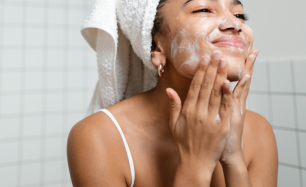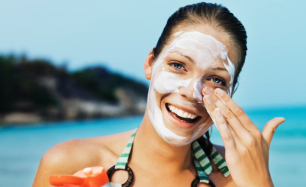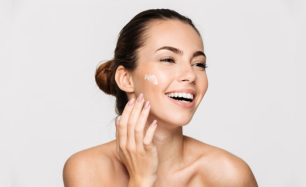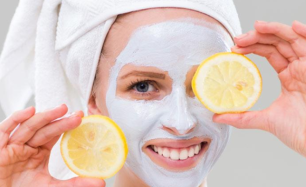The Role of Sleep in Beauty: Understanding ‘Beauty Sleep’
A good night’s sleep does more than just recharge your body—it also plays a crucial role in maintaining healthy, glowing skin. The term ‘beauty sleep’ is more than just a phrase; it is backed by science. While you sleep, your body undergoes essential restorative processes that impact your skin’s appearance, elasticity, and overall health. Understanding the connection between sleep and beauty can help you optimize your nighttime routine for the best skin benefits.

How Sleep Affects Skin Health
1. Promotes Skin Cell Regeneration
During deep sleep, your body boosts cell production and turnover. This process allows damaged skin cells to be repaired and replaced with fresh, healthy cells, helping to reduce signs of aging and maintain a radiant complexion.
2. Enhances Collagen Production
Collagen is the protein responsible for keeping skin firm and youthful. Sleep supports collagen production, preventing sagging and the formation of fine lines and wrinkles. Insufficient sleep can accelerate the breakdown of collagen, leading to premature aging.
3. Reduces Puffiness and Dark Circles
Lack of sleep can cause poor circulation and fluid retention, leading to puffiness and dark under-eye circles. Getting enough sleep improves blood flow to the skin, helping to reduce inflammation and giving your face a more refreshed and awake appearance.
4. Balances Skin Hydration
While you sleep, your skin’s hydration levels are regulated. Poor sleep can lead to a compromised skin barrier, resulting in dryness, irritation, and increased susceptibility to environmental damage.

Best Sleep Practices for Healthy Skin
1. Get 7-9 Hours of Quality Sleep
Aim for at least 7-9 hours of sleep each night to allow your body ample time to repair and rejuvenate. Establishing a consistent sleep schedule helps regulate your body’s natural rhythms, promoting better overall health.
2. Sleep on a Clean, Silk Pillowcase
Cotton pillowcases can cause friction that leads to wrinkles and irritation. Silk pillowcases, on the other hand, are gentler on the skin, reducing the risk of sleep creases and helping maintain moisture levels.
3. Maintain a Proper Skincare Routine Before Bed
Cleansing your face before sleep removes dirt, oil, and makeup, preventing clogged pores and breakouts. Follow up with a hydrating night cream or serum to support overnight skin repair.
4. Elevate Your Head While Sleeping
Using an extra pillow to slightly elevate your head can help reduce fluid buildup, minimizing morning puffiness and promoting better circulation.
5. Stay Hydrated and Avoid Caffeine Before Bed
Drinking enough water throughout the day keeps your skin hydrated and plump. Avoiding caffeine and alcohol before bed ensures better sleep quality, preventing skin dehydration and inflammation.
Final Thoughts
Getting enough sleep is one of the simplest yet most effective ways to achieve healthy, youthful-looking skin. By prioritizing rest, following a nighttime skincare routine, and making small adjustments to your sleep environment, you can wake up with a glowing, refreshed complexion every morning. Beauty sleep is real—make the most of it!





